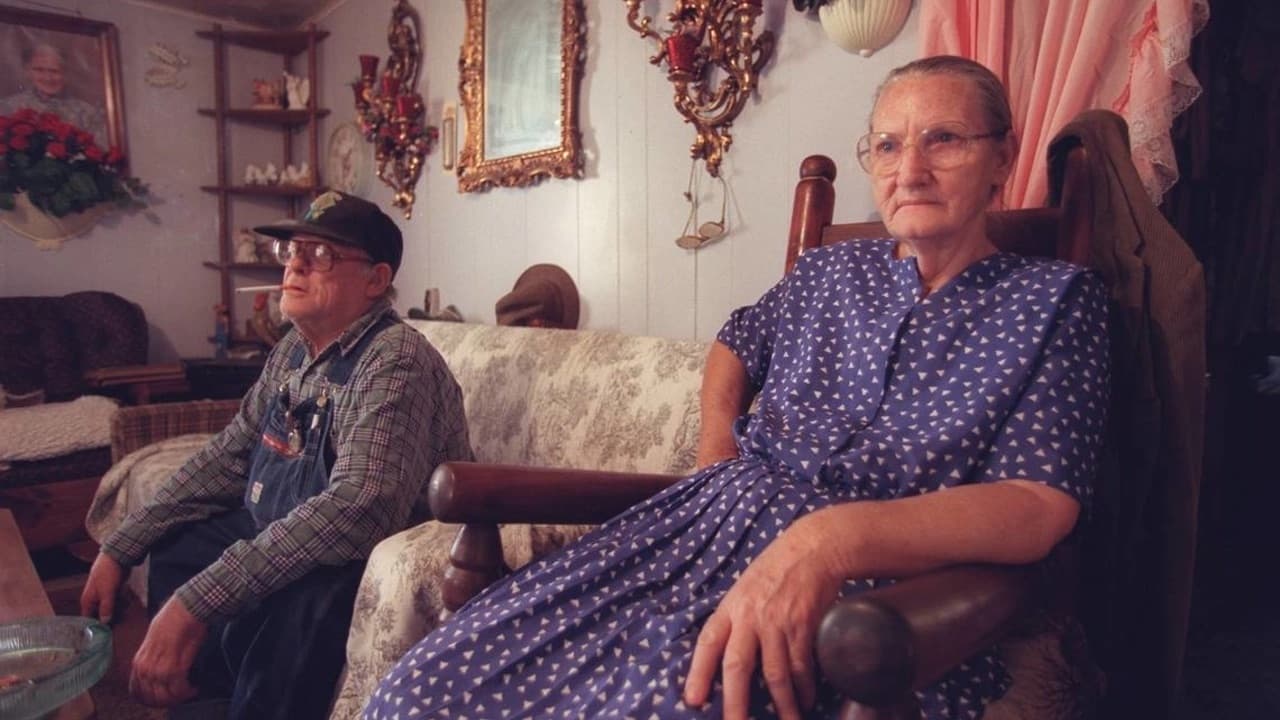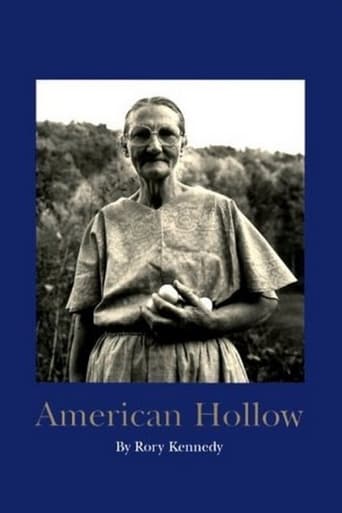Linbeymusol
Wonderful character development!
SeeQuant
Blending excellent reporting and strong storytelling, this is a disturbing film truly stranger than fiction
Adeel Hail
Unshakable, witty and deeply felt, the film will be paying emotional dividends for a long, long time.
Janis
One of the most extraordinary films you will see this year. Take that as you want.
cerebral-3
I have witnessed first-hand much of the family dynamics that is portrayed in this documentary, and it is sad that people are so poor. What has never failed to astound me however, is the pride and ignorance that keeps these poor people from leaving the area or progressing. Amazingly, when they do leave, they keep coming back. This film not only shares the pitiful life style of America's poor, but also captures the deep level pridefulness of those unwilling to progress and change their lives they are so discontented with. This attitude surely is ignorance and fear which is far more disturbing than poverty.
rustwagon
I thought it was a wonderful look in to the impoverished life of an eastern Kentucky family. Rory Kennedy does an exceptional job in showing the actual living conditions and routines of these folk on a daily basis. Many scenes in the film remind me of people I see every day in this area, as I live less than 100 miles from the area it was filmed. Many families in this area due to lack of employment and educational opportunities, live day to day as the "Bowling" family does in this film. Hopefully due to Ms. Kennedy's efforts in filming this the government can institute more help for the families of the eastern Kentucky, southwestern Virginia, and southern West Virginia families.
wetrock
I love documentaries. "American Hollow" was very good because it let you see a side of American life that few ever see. I really cared about these people. One thing that bothered me a little was that if these folks were so poor and had no running water, jobs, etc., why was there a satellite dish in their front yard? I don't consider myself "poor" but even I can't afford a satellite dish! Also, the show never stated this, but I wonder if the teenage Bowling son and Shirley Couch didn't get married because of HER parents and social rank? It seemed one minute she was all for it and the next thing you knew was that the engagement was off! Fickle female or interfering parents? Interesting. I was ready to slap him, though and tell him to get on with his life. If he put one-fourth the energy into finding a job instead of mooning over his little girlfriend, he would have made enough money to move out of the "holler"! Anyway, it was a very interesting, engrossing documentary. I recommend it.
jasonty
This was the funniest damn thing I have ever seen. Especially the scenes where "Clint" was arguing with his mother, and blurted out the classic line "..NO Mommy! I'm trying to talk to you man to Mommy!" Also when Clint ripped the leg off of his blue jeans had me in tears.The best scene was Clint breaking up with his girlfriend, scene cuts to Clint punching a large hole in what looked like the family outhouse.Things to note in the movie: The grandmother : Check out the size of this womans arms when shes dragging one of the kids out of the kitchen. Arnold Schwarzeneggar would feel small.See if you can count the number of teeth in this movie. I counted 15, and 12 of them belonged to 16 year old Clint.Jim Carrey..watch out..Clint the Hillbilly is on the loose, and this bad check is gonna stick.

